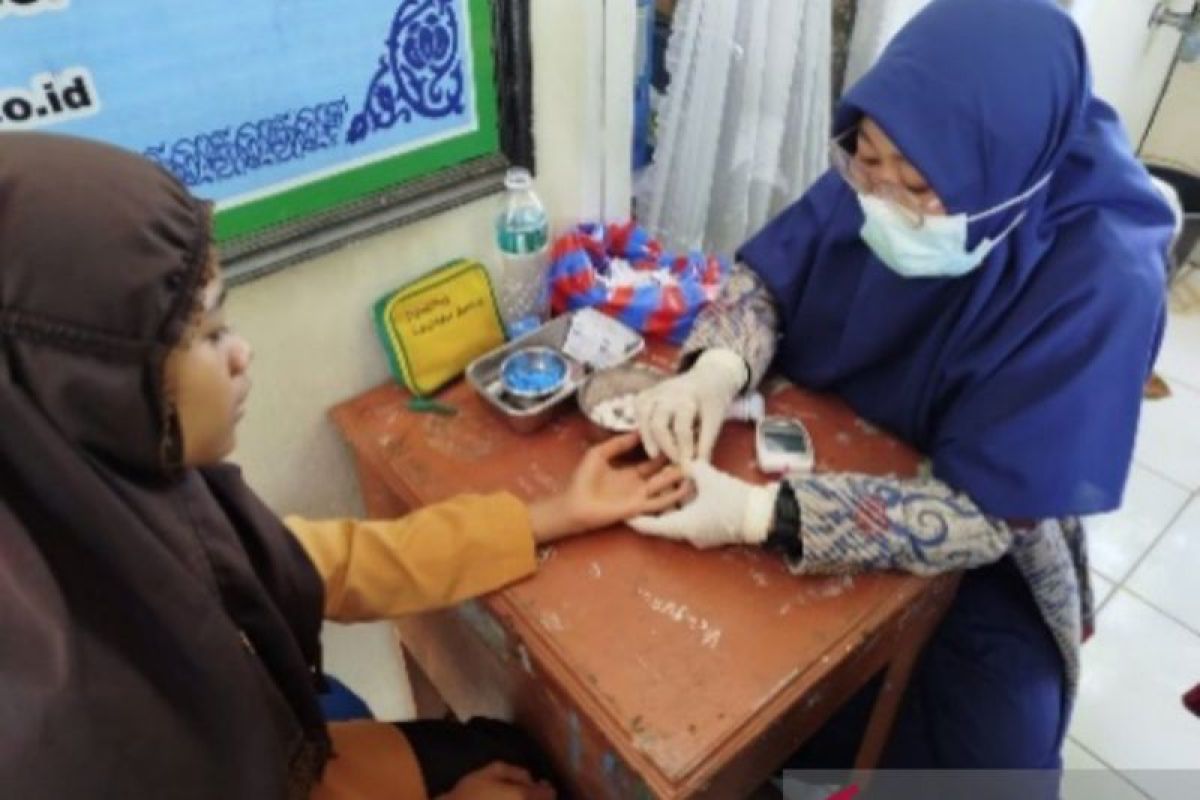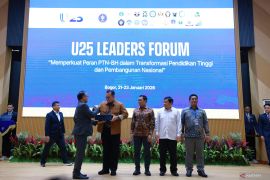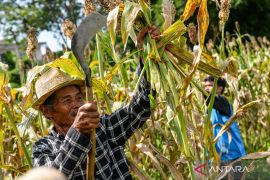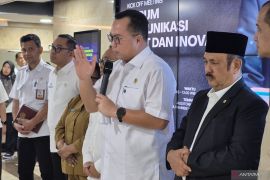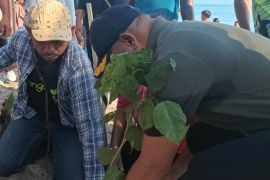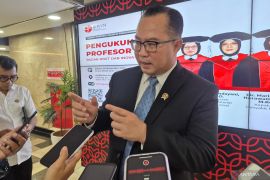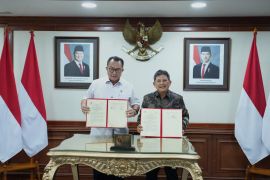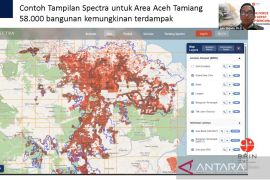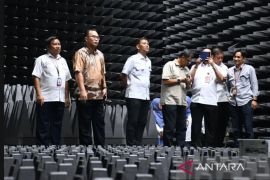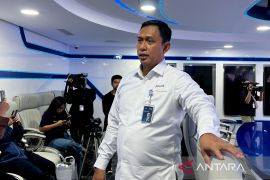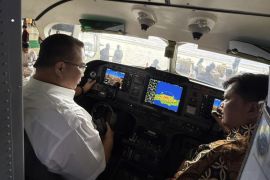"It is necessary to further study the scope (of sex education), considering the varied types of disabilities. This signifies that sex education needs to be appropriated according to different disabilities," he said at a webinar here on Tuesday.
Under Law No. 8 of 2016, Indonesia recognizes five groups of disabilities: physical disabilities, intellectual disabilities, mental disabilities, sensory disabilities, and multiple disabilities.
Baskoro, who is serving at BRIN's Center for Population Research, highlighted that some people tend to undermine the fact that persons with disabilities have sexual desire as well.
He then emphasized that people with disabilities equally need guidance and helpful information on reproductive health.
"Hopefully, we at BRIN will be able to conduct research on sex education for our fellow citizens who have disabilities," he said.
At the webinar, head of the reproductive health working team of the Ministry of Health, Wira Hartiti, stressed that the government has taken note of the importance of advancing sex education for persons with disabilities.
"At least, we are preparing the materials (for sex education) first. Our initial target is as simple as educating persons with disabilities as to how to maintain the hygiene of their reproductive systems," she said.
The official then noted that persons with disabilities are more vulnerable to violence.
"This matter has become our concern. We have also been formulating a special program of sex education by preparing the needed education materials and also trying to identify the best way to convey them," she informed.
Related news: Collaboration key to realize P5 HAM for mentally disabled: official
Related news: Health Ministry intensifies efforts to empower disabled
Related news: Health ministry takes numerous measures to empower disabled people
Translator: Rizka K, Tegar Nurfitra
Editor: Azis Kurmala
Copyright © ANTARA 2024
